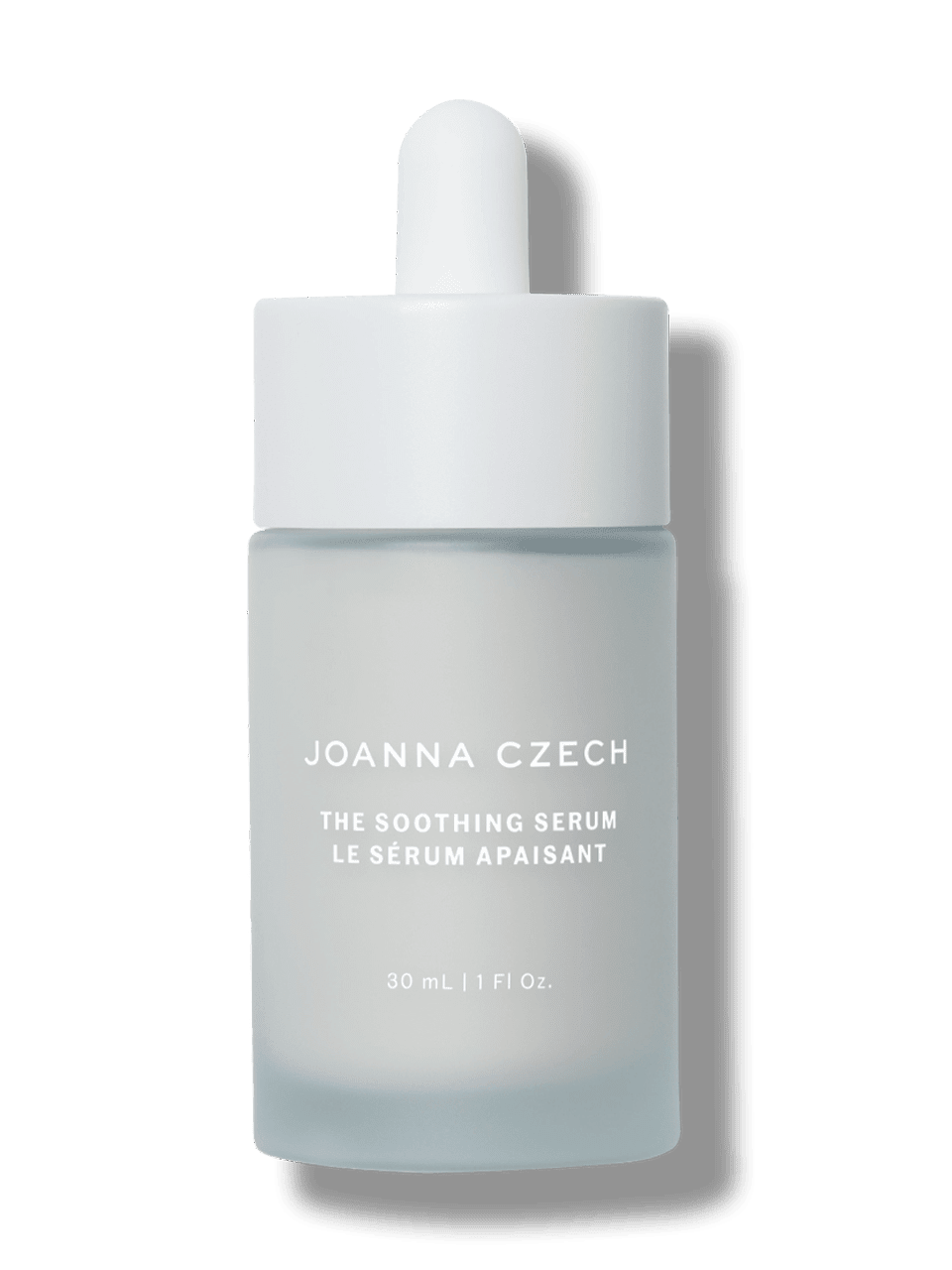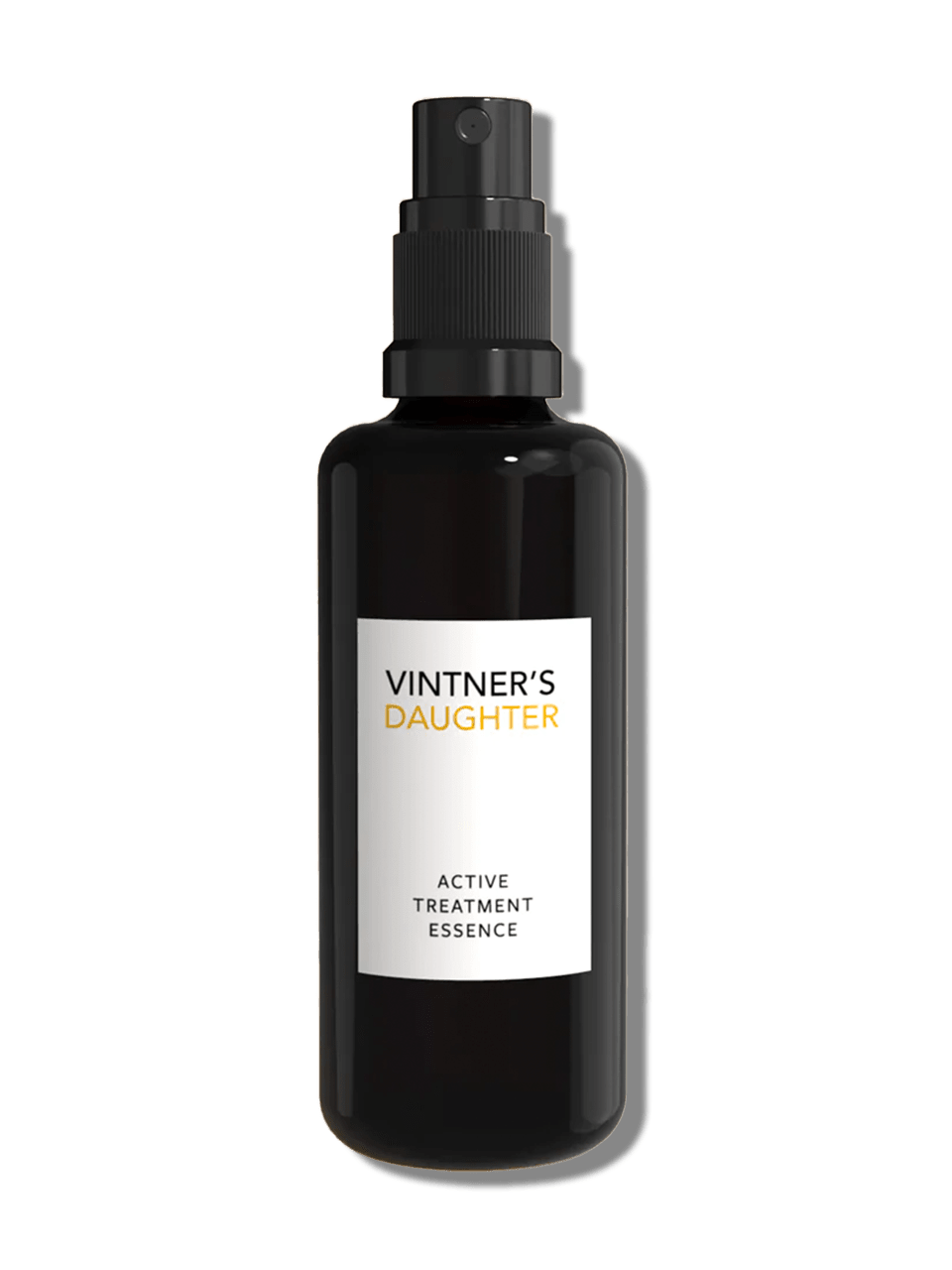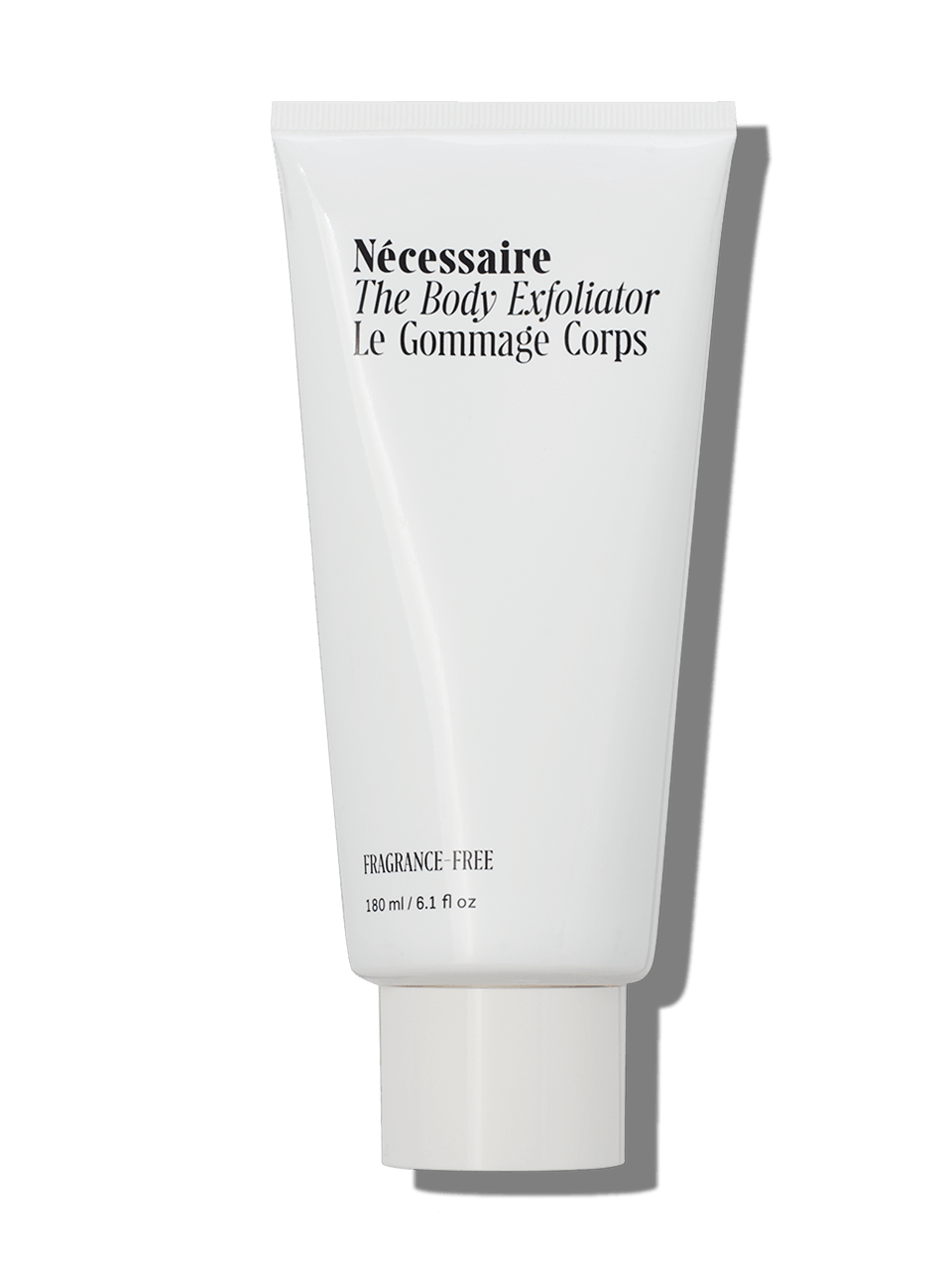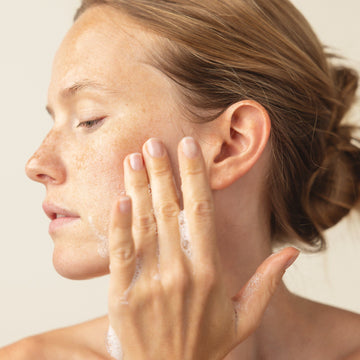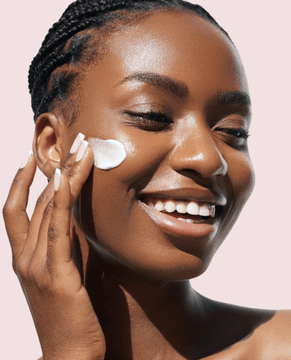What is Niacinamide?

Everything You Need to Know About Niacinamide for Skincare
When browsing moisturizers, toners, serums, eye creams and body products, you may have noticed “niacinamide” listed in the product ingredients or description. Niacinamide is commonly used in skincare products due to the natural benefits it provides for your skin.
That may leave you wondering, “What is niacinamide, anyway?” From its benefits to potential side effects, here is everything you need to know about this excellent skin ingredient.
What Is Niacinamide?
Niacinamide, also known as nicotinamide, is a water-soluble form of vitamin B3. An essential nutrient, niacinamide is commonly found in foods like eggs, meat, cereal, and green vegetables. It is also sold as a supplement.
Our bodies do not produce Niacinmide on their own. Therefore, if we want to reap the benefits, it needs to be ingested via supplement or applied topically to the skin:
When your body is deficient in niacinamide, it can lead to skin disorders and a host of other health conditions, including problems with your kidneys and brain.
Niacinamide has a large array of benefits for the skin, as it is vital for maintaining healthy cells. The vitamin helps visibly minimize enlarged pores, tighten lax pores, improve uneven skin tone, soften fine lines and wrinkles, diminish dullness, and strengthen a weakened surface.
For these reasons, niacinamide is used in many different skincare products for both body and face that we carry, including:
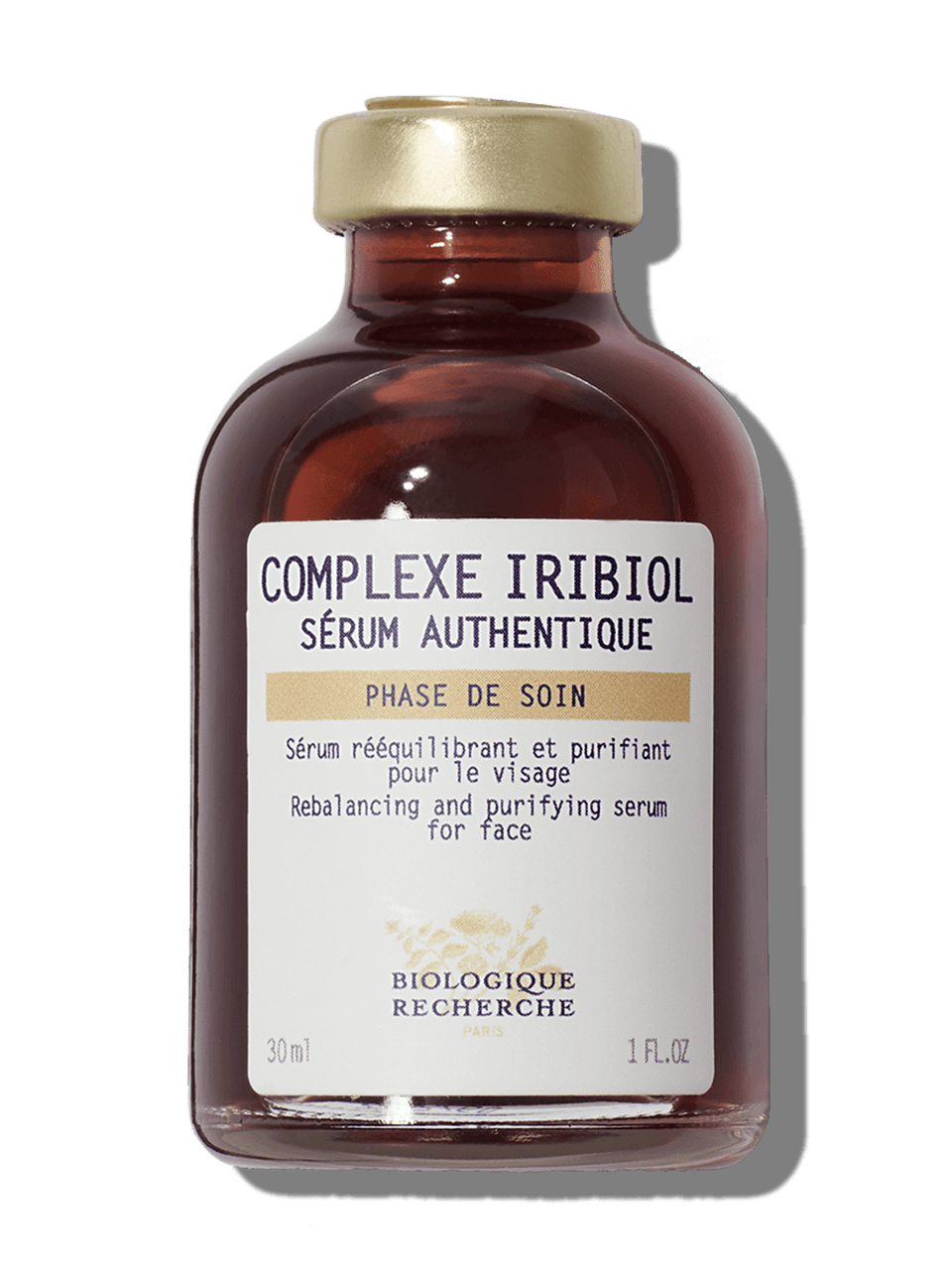
Biologique Recherche
Serum Complexe Iribiol
Is Niacinamide the Same Thing as Niacin?
Because of their names, many people get niacinamide and niacin confused. However, they are not the same thing. Niacin is another name for vitamin B3, while niacinamide is a form of vitamin B3. Even though they sound similar, they both have unique functions and benefits.
For example, niacin is widely known for its ability to lower cholesterol and help prevent cardiovascular diseases, such as heart attacks and strokes. Niacinamide does not help to lower cholesterol and instead is used for treating acne, skin irritation and signs of aging.
What Are the Benefits of Niacinamide?
Niacinamide has many protective and restorative benefits for the skin. Some of the main ones include its ability to:
- Visibly minimize enlarged pores
- Treat acne and redness for clearer skin
- Reduce fine lines and wrinkles
- Brighten
- Hydrate
- Control oil
- Treat hyperpigmentation (dark spots)
- Improve uneven skin tone
- Protect against damage from the sun
- Reduce redness
Niacinamide helps the body build keratin, which is a naturally produced protein that strengthens skin and improves its appearance. Niacinamide can also help rebuild healthy cells and protect against environmental stressors like pollution and toxins.
In addition, niacinamide can help strengthen your lipidic barrier, which helps to prevent skin damage and lock in moisture.
What Are the Side Effects of Niacinamide?
The good news is niacinamide that is applied topically to the skin is generally a gentle, safe ingredient, even for those who have sensitive skin or conditions like rosacea.
However, in rare instances, when used in high concentrations in a skincare formulation, it may cause skin irritation. So, it is recommended to use low concentrations of vitamin B3 in a formulation when you begin using it.
Adverse reactions may include:
- Rash or redness
- Itching
- A burning sensation on the skin
If you experience any of these signs after applying a product that contains niacinamide, you may want to seek alternatives.
The Bottom Line
Niacinamide is a safe, gentle, low-risk ingredient that can have lasting impacts on the look and feel of your skin. It brightens the skin and helps fade dark spots or hyperpigmentation, but unlike potent acids or retinol, it is less irritating, and most people find it tolerable.
Light and non-comedogenic, Niacinamide is super hydrating and strengthens the skin barrier. It also helps control sebum production so people with acne can use it. And it protects skin against environmental stressors that can damage it.
It is important to note, however, that you may not see changes right away after you begin using a skincare product with niacinamide. Often it will take several weeks for you to see noticeable results.
